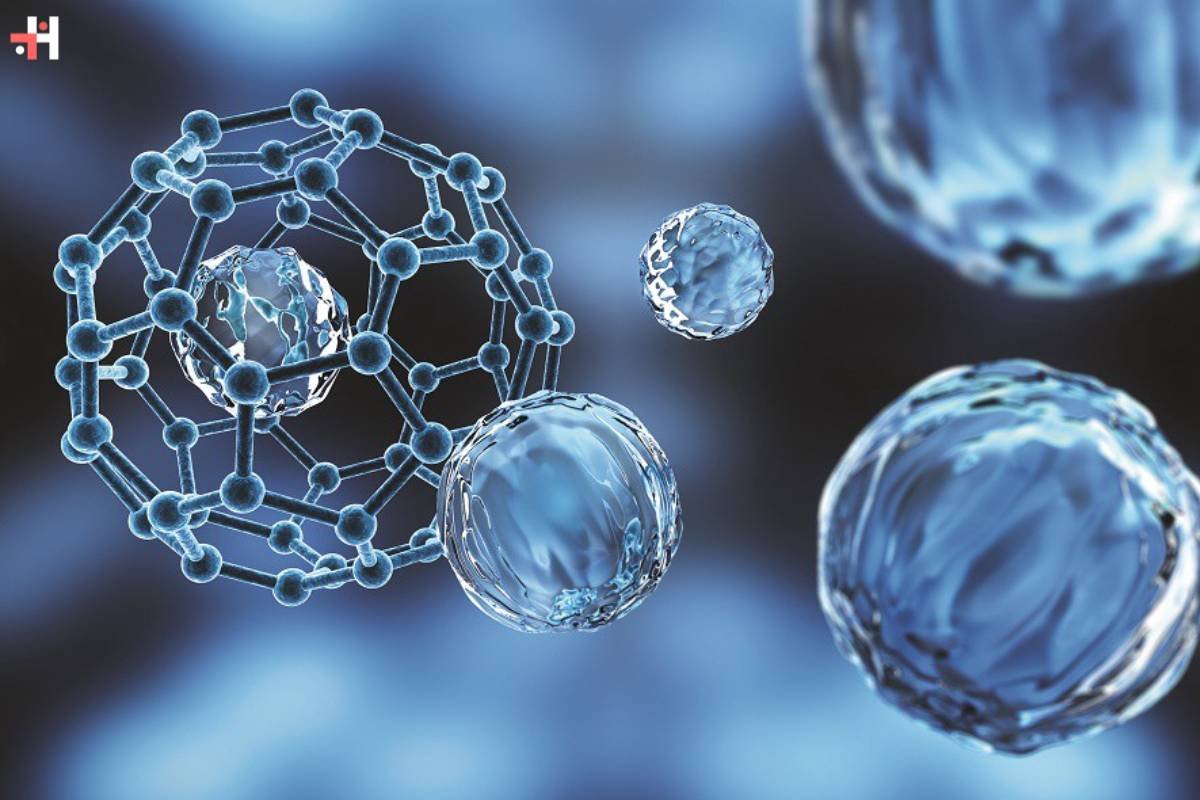In the dynamic realm of medicine, drug discovery stands as the vanguard of scientific innovation, continually pushing the boundaries of what is possible in the quest for novel treatments and therapies. Recent years have witnessed extraordinary breakthroughs in this technologies, offering a beacon of hope for patients worldwide. This article explores the evolution of drug discovery, delving into cutting-edge technologies such as High-Throughput Screening (HTS), Artificial Intelligence (AI) and Machine Learning, CRISPR technology, 3D printing in drug formulation, Omics technologies, Organ-on-a-Chip, and Nanotechnology in drug delivery. Each of these advancements brings a unique dimension to the drug discovery landscape, promising to revolutionize how we approach and develop treatments.
The Evolution in Drug Discovery Technologies:
Traditional drug discovery methods were characterized by lengthy timelines and substantial costs, often taking years to bring a single drug to market. However, recent technological advancements have significantly accelerated this process, making it more efficient and precise. High-Throughput Screening (HTS) has emerged as a cornerstone in modern drug discovery, allowing scientists to test thousands of compounds simultaneously. This automated process expedites the screening of chemical libraries, shortening the time required to pinpoint promising drug candidates.
Artificial Intelligence (AI) and Machine Learning:

In the era of big data, AI and machine learning have become pivotal in drug discovery. These technologies analyze vast datasets, predict potential drug interactions, and identify novel targets for drug development. AI-driven platforms enhance the efficiency of virtual screening, guiding researchers towards more promising avenues. The ability to process immense amounts of data enables researchers to make more informed decisions in the early stages of drug development.
CRISPR Technology:
The advent of CRISPR-Cas9 gene-editing technology has opened new frontiers in drug discovery. This revolutionary tool allows researchers to precisely manipulate genes, providing insights into their functions and aiding in the development of targeted therapies. CRISPR expedites the creation of cellular and animal models, offering a deeper understanding of diseases and significantly speeding up the drug development process.
3D Printing in Drug Formulation:
Innovations in drug formulation, including 3D printing, have transformed medication design and delivery. 3D printing allows for the creation of personalized drug formulations, optimizing dosage and enhancing patient adherence. This patient-centric approach marks a shift towards more tailored drug development, ensuring that treatments are not only effective but also better suited to individual patient needs.
Omics Technologies:

Omics technologies, including genomics, proteomics, and metabolomics, provide comprehensive insights into biological systems. By analyzing the complete set of genes, proteins, or metabolites in an organism, scientists gain a holistic understanding of disease mechanisms. This information is invaluable in identifying potential drug targets and biomarkers for personalized medicine. The integration of Omics technologies allows for a more precise understanding of the intricate processes underlying various diseases.
Organ-on-a-Chip:
Mimicking human organs on microchips, organ-on-a-chip technology offers a more accurate representation of human physiology than traditional cell cultures. This approach enables researchers to study drug responses in a more realistic environment, improving the predictability of preclinical drug testing and reducing the reliance on animal models. The ability to recreate organ functions on a microscale provides a valuable tool for understanding how drugs interact with different tissues and organs.
Nanotechnology in Drug Delivery:
Nanotechnology has emerged as a revolutionary force in drug delivery, enhancing the efficiency and specificity of drug targeting. Nanoparticles can be engineered to carry drugs directly to the site of action, minimizing side effects and improving therapeutic outcomes. This precision in drug delivery is a crucial advancement in personalized medicine, where treatments can be tailored to individual patients based on their unique biological characteristics.

Challenges and Ethical Considerations:
While these breakthroughs in drug discovery technologies hold immense promise, they also present challenges and ethical considerations. The rapid pace of development raises concerns about safety, long-term effects, and unforeseen consequences. Striking a balance between innovation and responsible research practices is paramount to harnessing the full potential of these technologies. The ethical implications of gene editing and the use of artificial intelligence in drug development necessitate careful consideration and regulation to ensure the responsible application of these powerful tools.
Future Outlook:
The future of drug discovery is undoubtedly shaped by the convergence of these technological breakthroughs. As researchers delve into the intricacies of the human body and diseases, the promise of more effective, targeted, and personalized treatments becomes increasingly tangible. Collaborations between scientists, clinicians, and technologists will be pivotal in navigating the complexities of drug discovery and translating innovations into transformative therapies. The ability to integrate multiple technologies, from gene editing to advanced data analytics, will define the next era of drug development.
Conclusion:
In conclusion, the landscape of drug discovery is undergoing a profound transformation fueled by technological advancements. From the speed and efficiency of High-Throughput Screening to the precision of CRISPR gene editing, each breakthrough contributes to a more robust and targeted approach to drug development. The evolution towards personalized medicine, facilitated by Omics technologies and Nanotechnology, promises treatments that are not only more effective but also tailored to individual patients.
However, with these advancements come responsibilities – to navigate ethical considerations, ensure patient safety, and strike a harmonious balance between innovation and regulation. As we stand on the precipice of a new era in medicine, the synergy between cutting-edge technologies and the unwavering dedication of the scientific community holds the key to addressing some of the most challenging health issues of our time.










